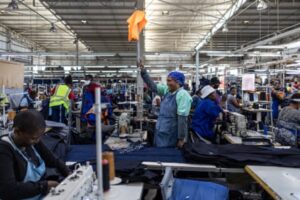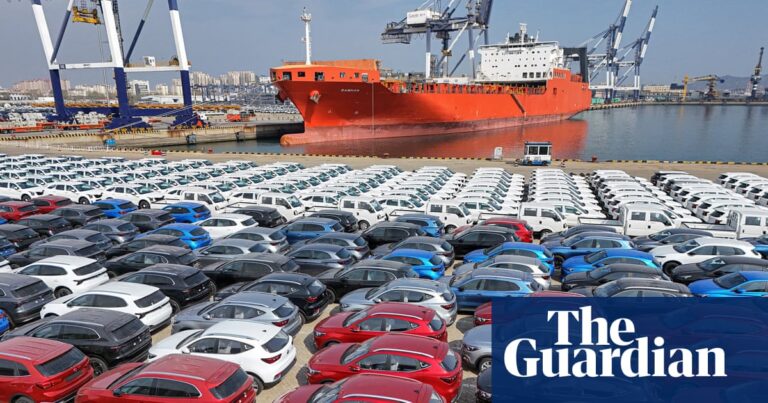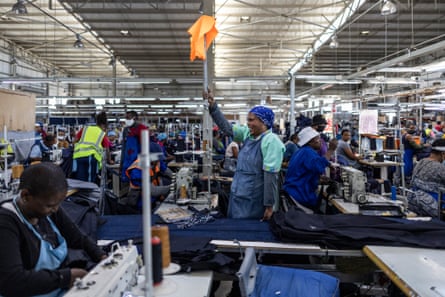
Millions of migrants have been urged to register for a new eVisa scheme as campaigners warn the document could create a digital Windrush scandal.
The scheme, which will be introduced at the end of the year, is designed to replace physical biometric residence permits that show proof of the right to reside, rent, work and claim benefits with digital eVisas.
On Wednesday, Open Rights Group published a new report that raises concerns that people who have the right to be in the UK will be unable to prove it, owing to flaws in the eVisa’s design, rollout and implementation.
The report’s authors call on the government to halt the scheme before it comes into effect on 1 January 2025. The Open Rights Group report comes as the Home Office is urging those who need an eVisa, to prove they have a right to be in the UK, to register as soon as possible.
Officials say that they are providing £4m support to a range of organisations, including the Home Office contractor Migrant Help, to assist vulnerable people who may struggle to obtain an eVisa without assistance. The new digital visa is part of the government’s plans to digitise the UK border and immigration system.
Many physical immigration documents such as a biometric residence permit (BRP), for those with indefinite leave to enter/remain, or biometric residence card (BRC) to prove their immigration rights, now need to be replaced.
There is particular concern about the 200,000 people in the UK who have legacy documents proving their right to be here, and who are expected to first apply for a BRP and then apply for a UK visas and immigration account. As with the Windrush scandal, these tend to be older people who may not know they need to apply for an eVisa until they try to access health or other public services.
Sara Alsherif, the programme manager for migrant digital justice at Open Rights Group, said:“The eVisa scheme is yet another failed government IT project that could have life-changing consequences for thousands of people in the UK.
“With the deadline for eVisa applications just months away, we urge the new home secretary to take urgent action in order to prevent a digital Windrush scandal next year.”
People have been urged by ministers to register for eVisas online. Those who now have physical immigration documents must register for an account that will allow them to generate a new online status each time it is required. As users do not have a physical or saved digital proof of status, Open Rights Group say they are susceptible to data errors, system crashes and the stability of Internet connections and predict hundreds of thousands of errors.
after newsletter promotion
Dr Kuba Jablonowski, a lecturer in digital sociology at the University of Bristol, said: “The eVisa is set to replace documentation with computation. Status holders will no longer get a token they can hold on to, like a passport sticker or a biometric card. Instead, they will rely on algorithmic logics to generate online status from a myriad of records dispersed in multiple databases.
“Our research shows this design is prone to glitching. It is time for the home secretary to consider alternatives. All visa holders should be issued with a token – a document – that proves their status. This token could be digital. It is the only way to ensure they are not rendered undocumented through system failures.”
The minister for migration and citizenship, Seema Malhotra, said: “Everyone with physical immigration documents is urged to take action now to switch to an eVisa, and I want to reassure those who need it that free advice and support is available.
“An eVisa cannot be lost, stolen or tampered with, and allows visa holders to instantly and securely prove their immigration rights. Switching won’t change, impact or remove a customer’s current rights or immigration status.”
Source: theguardian.com


















